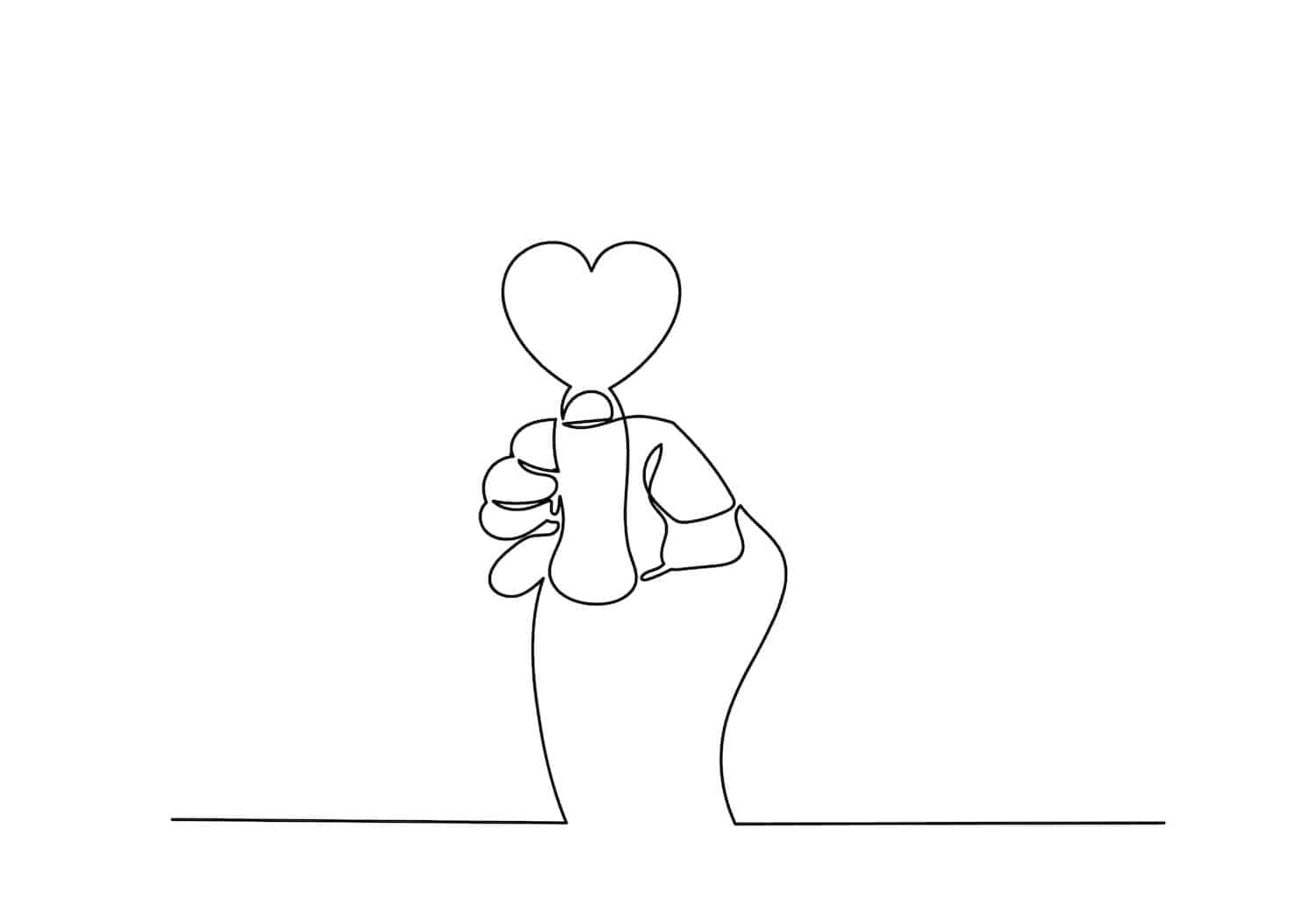If you’ve considered starting therapy but are overwhelmed by all the different types, you’re not alone. While having various types of therapy helps individuals receive the quality of care they need, it can also be confusing and difficult for people to find the right type and combination of therapies, especially when it comes to the different cognitive approach treatments.
Two different cognitive approach treatments are cognitive behavioral therapy (CBT) and cognitive therapy, which are often mistaken for each other. Even though they have similar names, these two kinds of treatment have marked differences. Keep reading to learn more about the difference between cognitive and behavioral therapy, along with tips about which option might be better for you.
What is Cognitive Behavioral Therapy (CBT)?
Cognitive behavioral therapy (CBT) is used to help people understand their thoughts and behaviors. By understanding their behaviors and the thoughts that led to those behaviors, individuals can begin to change their thoughts, emotions, and behaviors. CBT uses this practical approach to help treat the symptoms of mental health disorders like anxiety, depression, and substance use disorder.
Some CBT techniques that psychotherapists use include working with individuals to get to the root of their unhealthy behaviors and providing them with the tools to develop more positive habits. Other CBT techniques include setting goals to help individuals practice those healthier habits. For example, a person with depression may set a goal in CBT to do an interactive and fun activity with a friend at least once a week. This therapeutic method is not only popular, but it’s proven to be effective and works quickly in the short term to relieve mental illness symptoms.
Different Types of CBT
There are various types of therapies for eating disorders and mental health conditions that incorporate cognitive behavioral therapy (CBT): Some of these therapies include:
Dialectical Behavior Therapy (DBT): Dialectical behavior therapy (DBT) helps individuals improve their emotional health by addressing destructive/disturbing thoughts and behaviors while incorporating treatment strategies like emotional regulation and mindfulness.
Multimodal Therapy: This therapy suggests that mental health disorders should be treated by addressing seven different but interconnected modalities: behavior, affect, sensation, imagery, cognition/thoughts, interpersonal factors, and biological considerations.
Rational Emotive Behavior Therapy (REBT): Rational emotive behavior therapy (REBT) helps individuals identify their self-defeating thoughts, challenge those thoughts, and replace them with more adaptive beliefs.
Exposure Response and Prevention Therapy (ExRP): This type of therapy targets obsessive-compulsive disorder (OCD) and anxiety disorders. ExRP helps individuals with OCD and anxiety disorders address their intrusive, compulsive, obsessive, and ruminating thoughts.
DBT Therapy vs CBT
When it comes to DBT therapy vs CBT, there are some key differences. The goal of CBT is to help individuals when they have negative thoughts and teach them techniques to redirect those thoughts. On the other hand, DBT helps individuals find ways to accept themselves and others, feel safe, and manage their emotions to help regulate potentially destructive/harmful behaviors
What is Cognitive Therapy?
Cognitive therapy is used by counselors, therapists, and other mental health professionals to understand a person’s thoughts while helping them interpret these thoughts. Cognitive therapy techniques include focusing on the “here and now” by identifying the issues that are weighing an individual down and tackling them using thought strategies and tactics. Other cognitive therapy techniques involve teaching people how to identify when they’re having negative thoughts and analyzing those thoughts so they can turn them into something more positive.
Is CBT the Same As Cognitive Therapy?
There are many similarities between CBT and cognitive therapy. They are both therapy techniques designed to treat mental health disorders and change negative thoughts or emotions. They also practice the same theory and use similar applications. However, there are a few very distinct differences between cognitive and behavioral therapy,
First, cognitive therapy focuses on the present while CBT places more emphasis on the past and the future. In cognitive therapy, clients learn how to change thoughts in the current moment. But in CBT, they analyze their past behaviors to help them practice more positive ones in the future. The second major difference between CBT and cognitive therapy is behavior. CBT uses the same framework as cognitive therapy to help clients understand their emotions and thoughts, but it also places an emphasis on a client’s behavior and what they can do to change any negative patterns. While cognitive therapy solely uses a cognitive approach, CBT can either utilize a cognitive or behavioral approach depending on an individual’s needs.
Successful Treatment with Either CBT or Cognitive Therapy
In cases where a mental health disorder is more severe, CBT is usually recommended. But when someone is specifically dealing with something like intrusive thoughts that result from anxiety, they might benefit more from cognitive therapy. Today, CBT is practiced more frequently because the added behavioral element has proven to be effective. Both approaches can help people suffering from mental health disorders like anxiety and depression.
If you’re considering CBT or cognitive therapy and don’t know which option would be better suited for you, our team of mental health professionals is happy to help. To learn more about the mental health disorder treatment programs available at Lifeskills, reach out to us today. You can call us directly at 833.484.1655 or fill out our contact form and a member of our Admissions Team will reach out to you.
Resources
- https://www.mindfulnessandpsychotherapy.com/blog/the-difference-between-integrative-psychotherapy-and-cbt-cognitive-behavioural-therapy
- https://www.thehealthboard.com/what-is-the-difference-between-cognitive-therapy-vs-cognitive-behavioral-therapy.htm
- https://www.differencebetween.com/difference-between-cognitive-therapy-and-vs-cognitive-behavioral-therapy/




